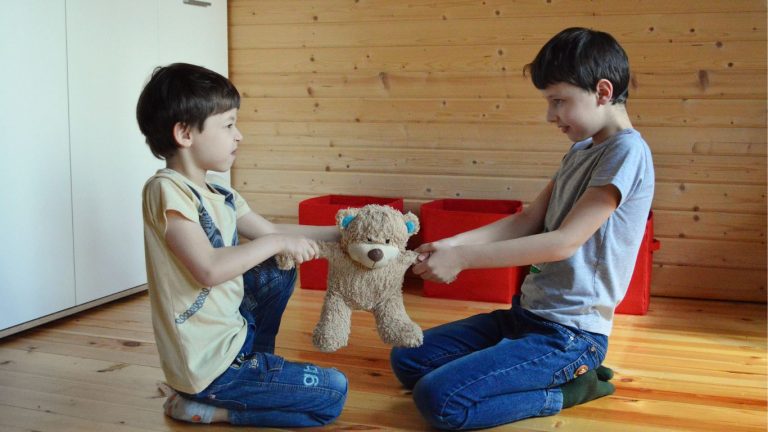Wal Herring is the author of Healthy Little Eaters, and she has a wealth of wisdom to share about kids and food. The Kiwi Families team had the chance to ask her a few questions, which shed light on why this is such an important topic for parents to think carefully about.
Hi Wal,
Meal times can be the most challenging part of the day in many families. Can you give some tips for parents who find it hard to get their children to eat meals?
The biggest tip I can give to parents around meal times, is to start with being more relaxed yourself. When you are relaxed and calm they will follow suit, then from this space it is easier for children to be encouraged to try new foods or eat healthy foods because they choose to. This may not happen straight away, but it will happen.
I appreciate this is easier said than done. I know you really want them to eat healthy foods because it will help with so much, from immunity to mood and beyond. There is so much information out there about how kids ‘should’ be eating this and that, and you really want to provide this for your children. But when we concentrate of the daily ‘you must eat this’, dinner battles often break out. When we approach it from the bigger picture; teaching children about healthy food so that they want to choose healthy foods when we are not watching now and in the future, meal times become not only fun for you and them but they naturally will choose the foods you are battling them to eat at the moment.
Healthy Little Eaters provides a range of strategies that will help you as a parent to instil this positive relationship towards healthy foods, however just by changing your own mind-set about meal times will help you to come up with strategies of your own. Learn from each meal-time – what worked, what didn’t and you will find not only happier meal times but your kids getting excited over sauerkraut.
And then there are children who will only eat three foods – what’s a strategy for helping children to eat a wider range of food?
From my experience children who eat only three foods not only have an aversion to trying new foods but an aversion to trying new things in everyday life. Below are some strategies you can implement for children inclined this way:
- Make trying new things, not just food an everyday experience – a new park, climbing a different tree, meeting new people. Make new experience and activities a part of normal everyday life. Exercise their ‘trying new things muscle’. It will be hard at the beginning but it will be become a part of what is normal for them.
- Use the power of stories – your own experiences, examples of your child’s past experiences or just made up fairy tales. Speak about how trying new things can seem daunting at first but sometimes they can lead to the best experience or another favourite food.
- NEVER label them as poor eaters in front of them. If you need to talk about how to go forward with their eating with your partner, grandparent or anyone else – do it out of ear shot of them. If anything, say to them they are developing their tastes buds or that they getting better and better at trying new things everyday.
- Over-celebrate them trying new things from a new ‘brand’ of food to balancing on a pole – it may not be that amazing to you, but it may be to them… instil in their developing minds that that they are great at trying new things. Let it become a part of their identity.
In your book, you talk a lot about attitudes around food. What are some attitudes you think are helpful approaches to food and meals?
- Have the attitude that kids naturally LOVE vegetables.
- Remain open and listen to your children’s concerns. If they register their disgust about let’s say, cauliflower, be surprised and wonder out loud about how would be another way you could cook/prepare cauliflower (or as we call them ‘Arctic Trees that the Bewilderbeast eat’ – from the movie How to Train your Dragon). They may come up with a crazy way, go with it and see their eyes light up as they experiment with healthy food.
- Again – have the attitude that kids naturally love vegetables because they taste amazing. Combine this attitude with the attitude that meal times are supposed to be fun and enjoyable for all – and magic will happen.
Healthy Little Eaters by Wal Herring is published by Random House NZ, RRP $35.00.
For further related information, see the following posts:
- Fussy toddlers: How to create good eating habits in your child
- Minimising mealtime mayhem
- Top 10 tips for fussy eaters






